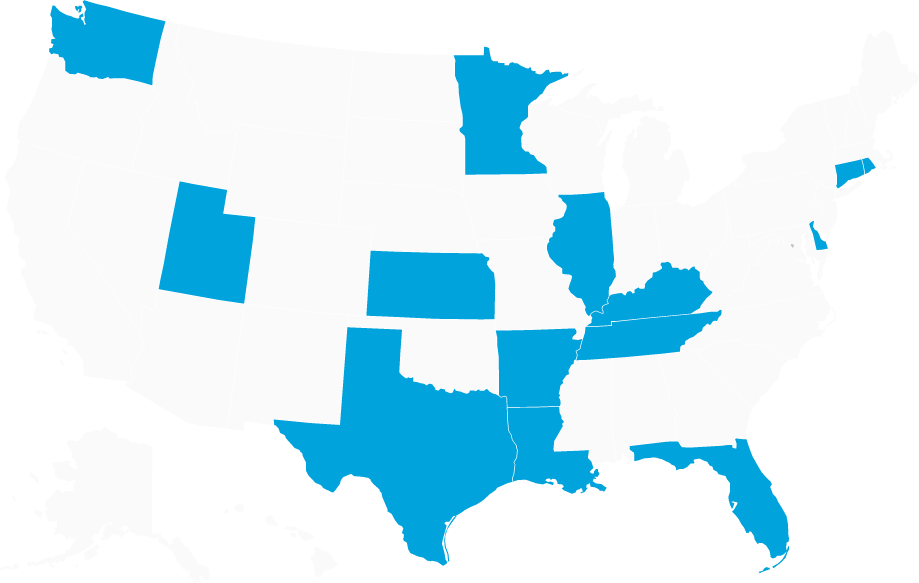States are Shifting to Competency-based Training and Licensure

Why Micro-credentials Matter
What’s in a Micro-credential
Micro-credentials are a form of certification earned by demonstrating competency in one specific area at a time. BloomBoard’s micro-credentials are earned through our learn-by-doing process, allowing teachers to submit evidence from their own classroom practice to demonstrate their skills. What sets BloomBoard micro-credentials apart is the depth of instruction, coaching, peer support and rigorous assessment we provide.

14 States Have Started State-level Micro-credential Initiatives

Tennessee Adopts a Phased Approach to Implementing Micro-credentials
The Tennessee Department of Education worked with BloomBoard to design a phased approach to implementing micro-credentials that allowed for effective asynchronous collaboration and aligned to key competencies. Feedback from educators showed that they value the flexibility, personalization, and job-embedded nature of micro-credentials.
Micro-certification Addresses State Challenges
Challenge: Licensure / Re-licensure
The typical process for licensure and re-licensure is based on seat time hours and multiple choice tests, not actual classroom practice. This does not ensure educator readiness or effectiveness.
Micro-credentials require evidence of practice and demonstration of competence which ensures educators develop the skills essential to prepare them for their job.
Challenge: Instructional Improvement
Current research shows that traditional seat-time based professional development has very little impact on change in instructional practice or student outcomes. Additionally, research shows low levels of teacher satisfaction with many current forms of professional development as well.
Micro-credentials, a competency-based form of professional learning, focus on the application of professional learning in the classroom. Educators work on one skill at a time, and demonstrate improvement in their practice via a portfolio of evidence from their classroom practice.